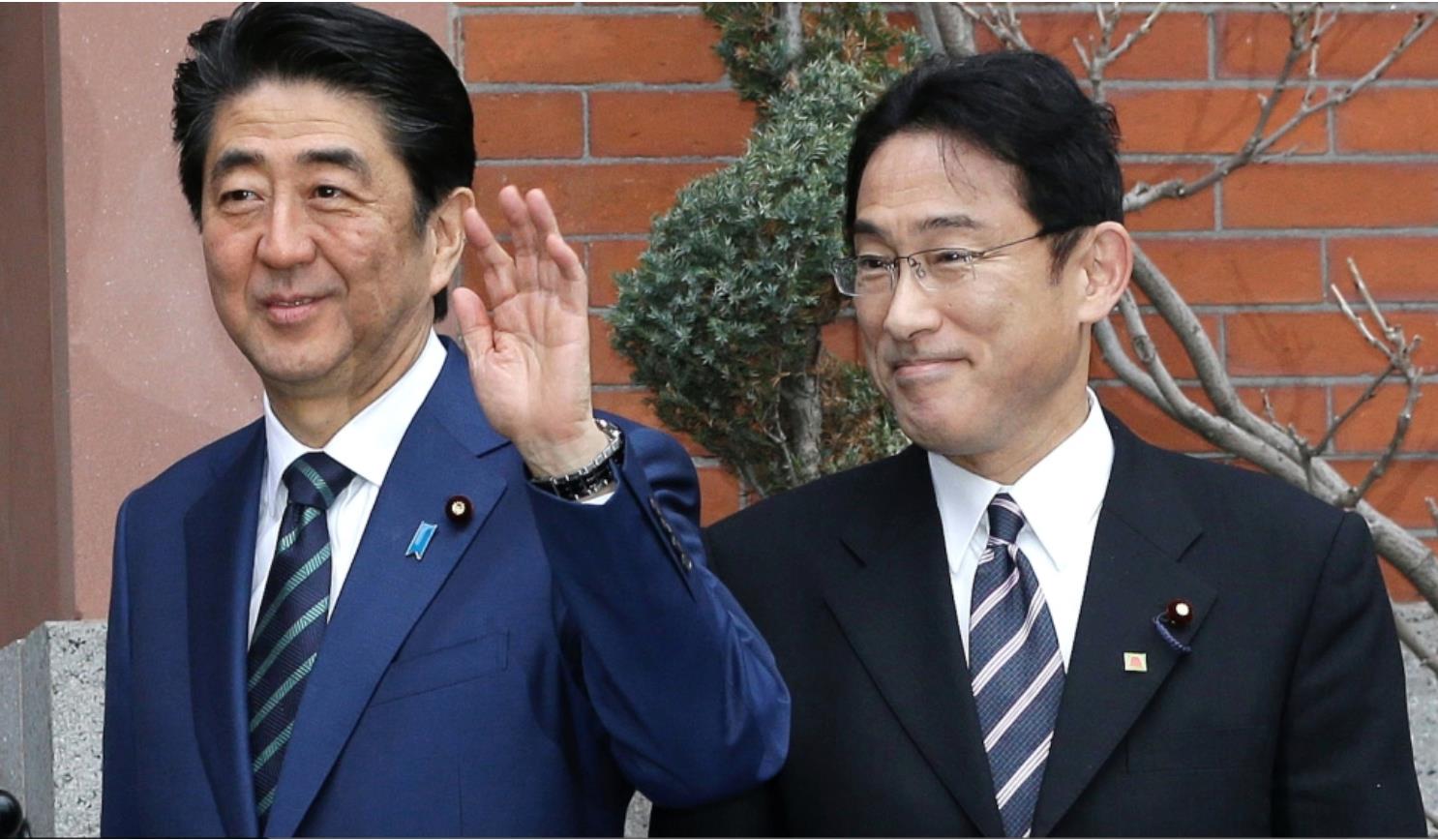
Japan Flirts With Techno-Nationalism
In May 2022, Japan's National Diet passed its long-anticipated economic security bill . The legislation reflects growing concern about the vulnerabilities created by extended supply chains, dependence on foreign sources of critical materials and theft of intellectual property.
It is the latest in a series of moves to better prepare Japan for the intensifying geopolitical competition of the 21st century.
While timely and logical, this approach could be used to justify the country's time-tested techno-nationalism. During the Covid-19 crisis, Japan — like other countries — became acutely aware of its reliance on foreign suppliers for vital products such as personal protective equipment.
That spurred Tokyo to set up a US$2.2 billion fund to help Japanese companies onshore manufacturing to reduce supply chain bottlenecks. The fund was part of a broader package of measures designed to sharpen government capacity to make economic security policy. Other measures included:
- the creation of an economic bureau in the National Security Secretariat,
- the formation of economic security divisions in major ministries and
- the reorganization of law enforcement to focus on China.
The economic security law builds on those efforts. Its four pillars are:
- resilient supply chains,
- security of critical infrastructure,
- reinforcement of the technological base through public–private partnerships to promote innovation, and
- secret patents.
The Liberal Democratic Party (LDP) laid out the logic behind the legislation in a study group, concluding that economic security rests on two principles: strategic autonomy and strategic indispensability.
The first is achieved through self-reliance, which reduces vulnerability, and the second through innovation, which increases Japan's role and importance in global production networks.

Japan is rethinking its global supply chains. Image: AFP
But there are downsides to giving more weight to economic security in national security policy. The first is the perennial concern that legitimate fears will be used to justify run-of-the-mill mercantilism.
The Foreign Exchange and Foreign Trade Act , amended in May 2020 to screen foreign investment in Japan and protect against foreign acquisition of key national assets, adopted an expansive definition of national security, leaving it to the Ministry of Finance to fill in the blanks. The ministry decided the law would cover companies that accounted for about 40% of the market capitalization of the TOPIX index.
The economic security law is equally broad and lacking in detail. According to one analysis , 138 sections of the legislation call for future cabinet or ministerial orders.
The“relevant or competent” minister is often empowered to decide who is subject to supervision and can ask anyone so designated“to submit reports and documents to the extent necessary for the implementation of a series of measures.”
This discretion must be put into perspective. The economic security agenda is notable for being driven by politicians, not bureaucrats.
While flexibility is a good thing, such discretion can be abused to fend off virtually all foreign incursions into the domestic economy, protecting Japan's status as a developed economy with one of the lowest levels of foreign direct investment.
For critics, economic security is another way to implement protectionist measures, promote mercantilism and enhance bureaucratic power. Counterbalancing this protectionist trend is Japan's determination to promote economic security through multilateral cooperation.
Tokyo launched a Supply Chain Resilience Initiative with Australia and India in 2021. Those three countries, with the United States, have made supply chain security a focus of the Quadrilateral Security Dialogue.
At the May 2022 summit, Japanese and European leaders also agreed to“strengthen the resilience of our economies in the field of critical infrastructure and supply chain resilience, as well as cybersecurity and exports.”
Working closely with the United States on these issues is a priority for Tokyo to ensure access to cutting-edge technologies and promote its image as a reliable ally.
One expression of this cooperation is the formation of the ministerial-level US–Japan Economic Policy Consultative Committee. This will mirror the Security Consultative Committee process that brings together top officials from the two countries in foreign policy and defense and is scheduled to be launched in July 2022.
Progress demands that Japan takes additional steps, including developing a security clearance system. Tokyo's failure to set up a mechanism to protect secrets from unauthorized disclosure is a perennial US complaint. A security clearance provision was anticipated in the economic security bill, but it was deemed too sensitive.
The perception that Prime Minister Fumio Kishida is a less radical figure than former prime minister Shinzo Abe may blunt some fears.

Then-prime minister Shinzo Abe and then-foreign minister, now premier Fumio Kishida. Image: Screengrab / Al Jazeera
Another agenda item is the creation of an organization to identify and evaluate emerging technologies and direct the government and private sector on how to nurture and protect their development.
All await the new National Security Strategy (NSS), tentatively due at the end of 2022. In the first revision since the first NSS was published in 2013, economic security is said to be a key pillar.
But an LDP paper with recommendations for the NSS does not even use the phrase“economic security.” If this is the case in the new strategy, it would suggest that opacity is preferred to clarity and fears of a rejuvenated protectionist, techno-nationalist agenda are warranted.
Brad Glosserman is deputy director of and visiting professor at the Center for Rule-Making Strategies, Tama University and senior adviser (non-resident) at Pacific Forum. He is the author of Peak Japan: The End of Great Ambitions (Georgetown University Press, 2019).
This article was first published by East Asia Forum , which is based out of the Crawford School of Public Policy within the College of Asia and the Pacific at the Australian National University . It is republished under a Creative Commons license.

Legal Disclaimer:
MENAFN provides the
information “as is” without warranty of any kind. We do not accept
any responsibility or liability for the accuracy, content, images,
videos, licenses, completeness, legality, or reliability of the information
contained in this article. If you have any complaints or copyright
issues related to this article, kindly contact the provider above.
















Comments
No comment